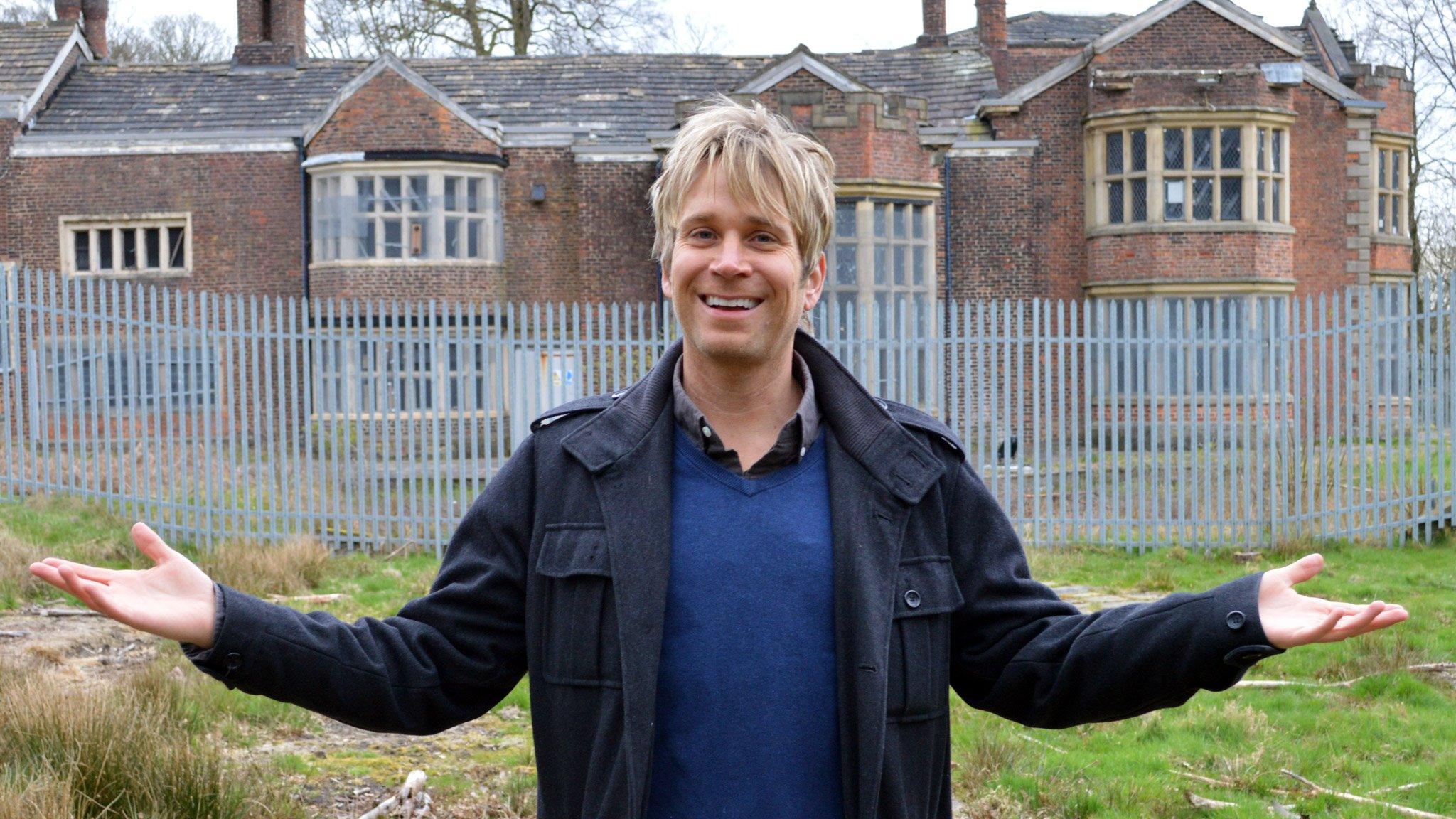US film-maker in legal battle over 'Downton Shabby'
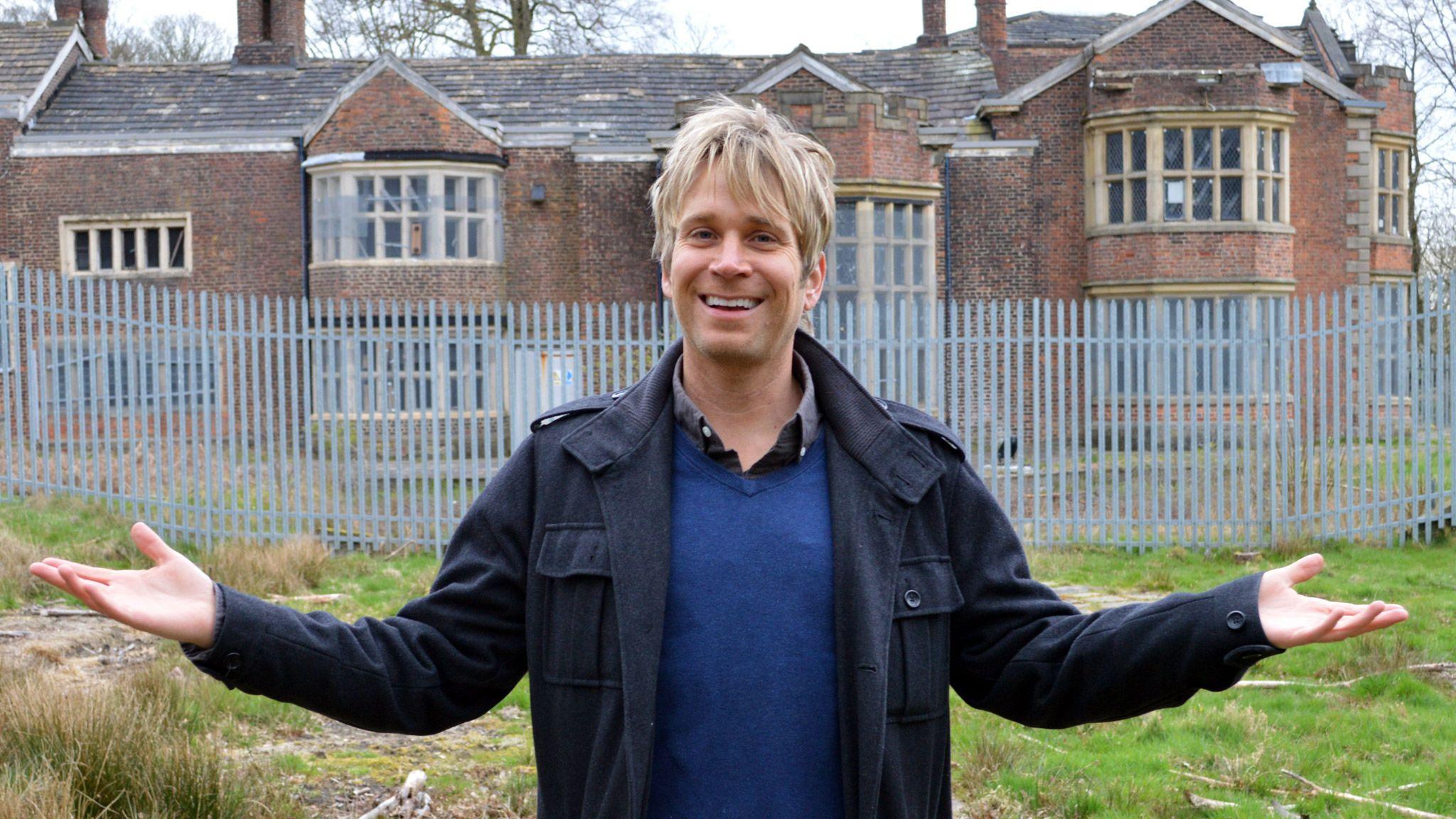
Hopwood DePree moved from Los Angeles to Manchester in 2017 to restore Hopwood Hall
- Published
A former US film-maker has launched a High Court battle against an English council to gain control of the ancestral stately home he spent seven years trying to save from ruin.
Hopwood DePree has led work to rescue historic Hopwood Hall in Middleton, Greater Manchester, since 2017, and says he complied with an agreement with Rochdale Borough Council that gave him the option to buy the building.
However, the council say he did not fulfil the conditions of the deal, and locked him out in November 2024.
DePree, who published a book called Downton Shabby in 2022 about his efforts to restore the hall, has now taken action in an attempt to be declared its legal owner.
'Shocking' conduct
DePree says his grandfather told him stories of "Hopwood Castle" as a child in Michigan, but that he only discovered the real hall existed while researching his family history in 2013.
Parts of the 60-room building date from the 1420s, but both direct heirs were killed in World War One and the last family members moved out in the 1920s.
It was derelict by the time DePree first visited, and he says he was told in 2015 that it would be beyond repair in another five to 10 years.
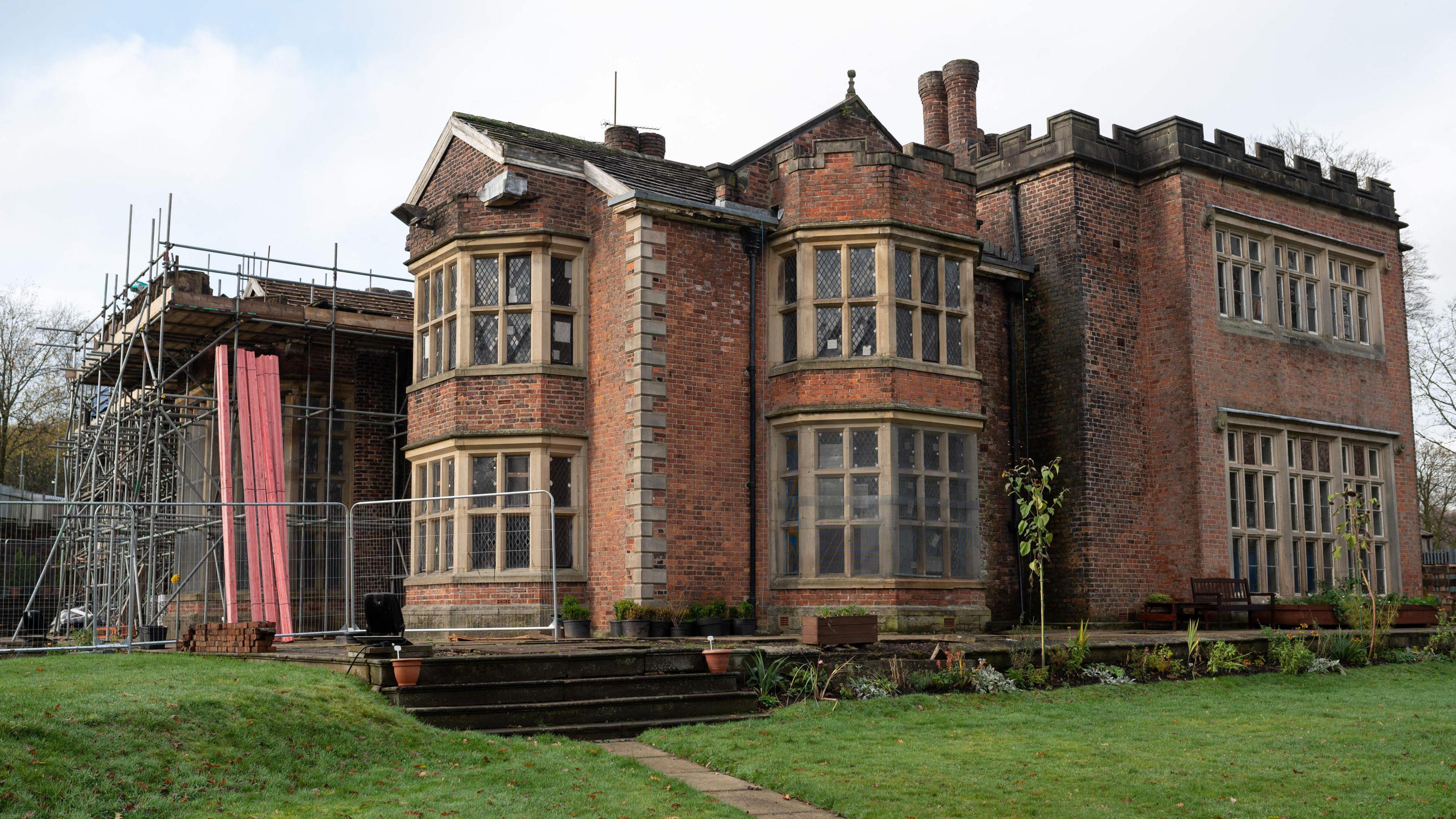
Hopwood Hall, pictured in 2022
He moved to the UK to spearhead the effort to safeguard and restore it, signing a deal with the council in 2017 saying he could buy the hall for £1 on the condition he gained planning permission to develop it.
DePree began work on the crumbling building and got planning permission in 2022 to refurbish it as an event and hospitality venue. He says he has spent £750,000 of his own money on the project.
But he says relations soured when the council's Rochdale Development Agency became more involved in 2024, and DePree's legal case accuses the agency of trying to "poison everything my team and I had worked so hard to achieve".
He claims the council stopped co-operating and went behind his back, and that their conduct has been "evasive, misleading and at times shocking".
A council spokesperson said: "We don't comment on ongoing legal discussions and don't intend to elaborate on previous statements we have made on this subject."
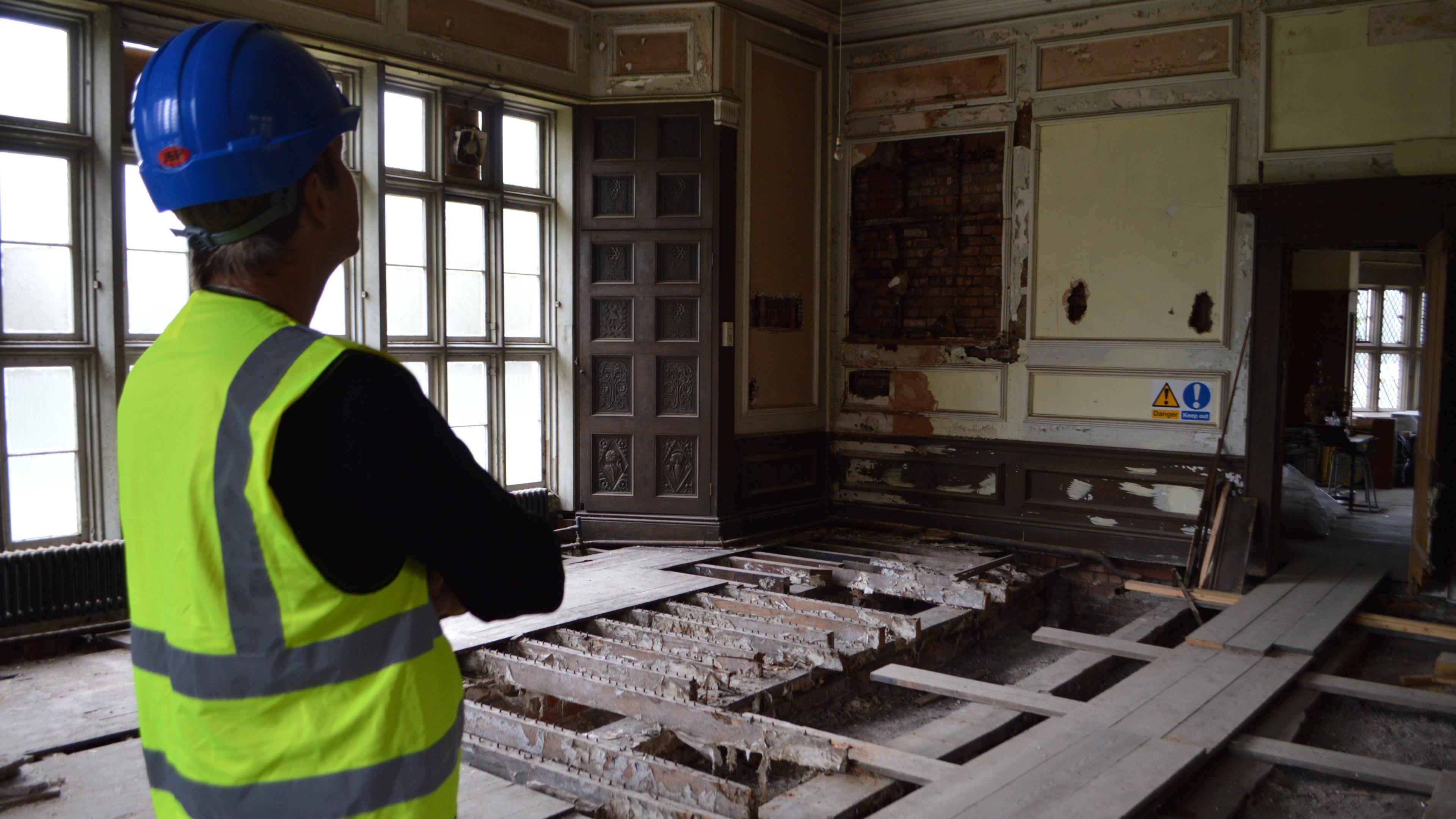
Large parts of the hall had fallen into a state of disrepair
The council has previously said any sale would depend on DePree having "a commercially viable business model to secure the long term future of the hall".
Last November, the council said it had decided not to renew the option agreement after consultants said his plans were "unlikely to be able to secure future public or private funding".
At that time, a council spokesman said DePree "had not been able to produce a viable proposal, which it said was a condition of the sale, despite having had seven years to do so". The authority said it "had a responsibility to explore alternative options" in order to "protect the public monies invested to date".
In November, council leader Neil Emmott said: "Mr DePree was asked to meet a number of conditions when we entered into our agreement with him. We would be failing in our duty to protect our historic assets if we didn't hold Mr DePree to the terms of this agreement."
The council said it spent £557,000 between 2017 and 2024 for essential repairs, with almost £1m contributed by Historic England. The council said it was now spending a further £700,000 on roof repairs and a feasibility study.
According to DePree's legal documents, the council has also argued that the planning permission was insufficient to meet the terms for a sale under the agreement. He is disputing that.
He is also disputing whether he needed to provide a viable business model to comply with the conditions for a sale, and his court papers say he does have "a clear vision, a plan and the resources to rescue Hopwood Hall".
'No other choice'
DePree told BBC News he believes he has complied with his end of the agreement.
"When I took the project on, the hall was just a few years from completely falling down and becoming a ruin," he said.
"We worked so hard and poured everything into it. I moved countries. I got British citizenship. I left behind a life and sold my home. I went through so much with the belief that the council was being open and honest with me, and I trusted them."
He added: "Ultimately I had an agreement that I signed with them that I fulfilled. My lawyers feel that we fulfilled that, and the council went against that, and I felt that I had no other choice other than to file court proceedings against them."
DePree and his family are involved in property development, and he sold his home in the Hollywood Hills to help fund the project.
In his former life, DePree was an actor, writer, producer and director whose early attempts to make it big in Hollywood were depicted in low-budget documentary Rhinoskin: The Making of a Movie Star.
He wrote, directed and appeared in the well-received independent rom-com The Last Big Attraction, and produced the 2010 drama Virginia starring Jennifer Connelly and Ed Harris.
Related topics
- Published3 November 2024
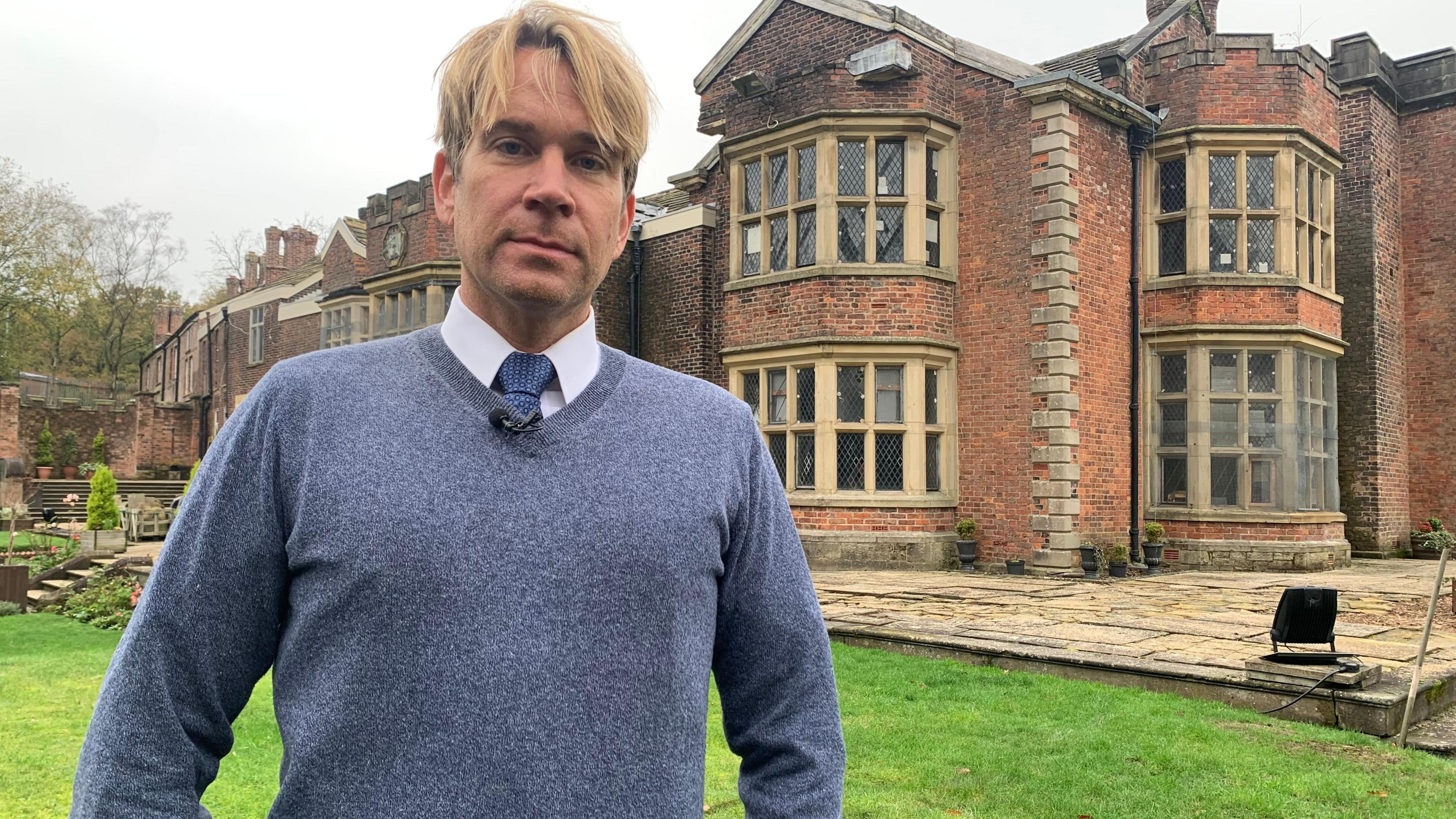
- Published12 June 2022
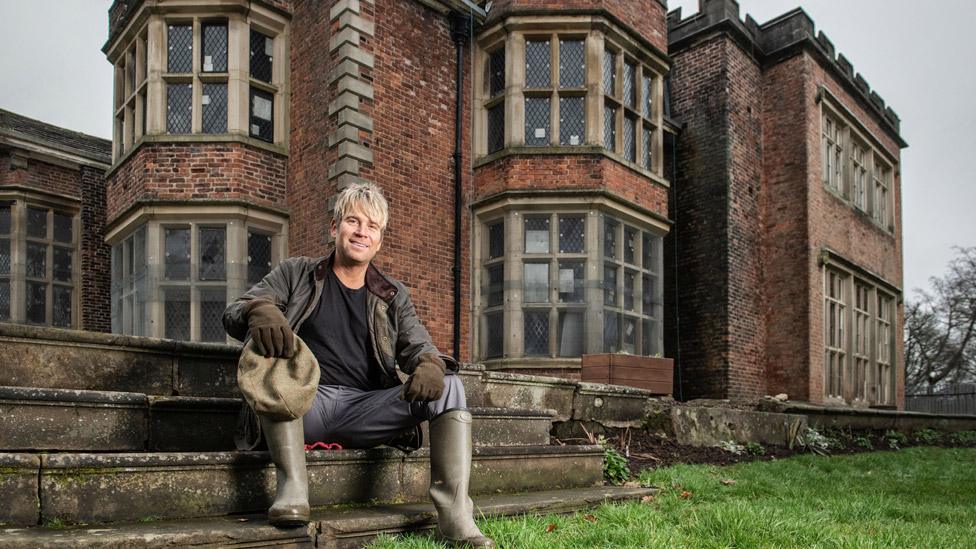
- Published5 May 2019
